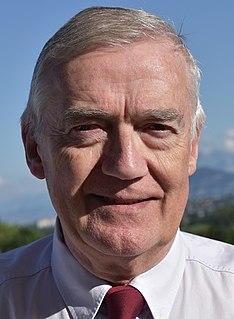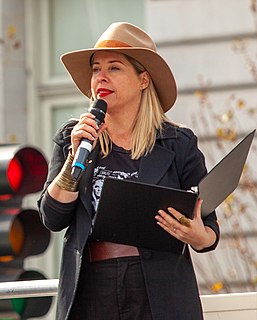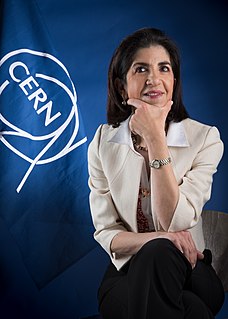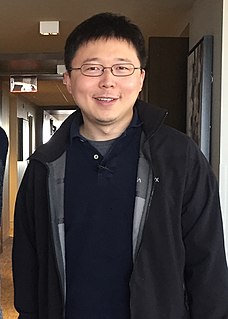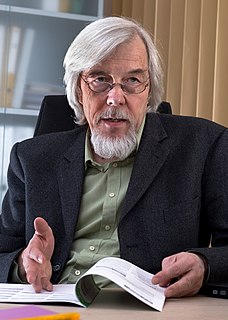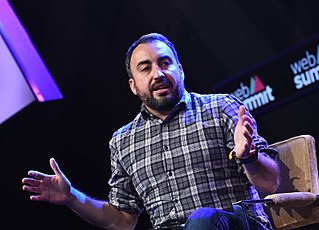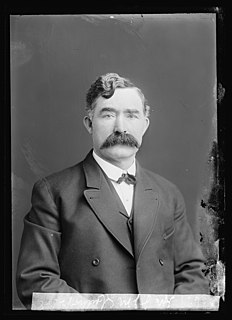Цитата Роберта Кайо
В какой-то момент ЦЕРН пытался запатентовать Всемирную паутину.
Связанные цитаты
Женева уже давно принимает у себя международные организации, и это одна из причин, по которой ЦЕРН находится здесь. ЦЕРН подписал соглашения с МСЭ, ВОИС и ВМО. На первый взгляд может показаться, что между ЦЕРНом и, скажем, Всемирной Метеорологической Организацией не так много общего, но поскребите по поверхности, и вы скоро найдете общую нить. Все эти организации призваны стимулировать технологические инновации, и вместе мы сильнее.
Когда мне было 14, я проводил огромное количество времени в Интернете, но не в том Интернете, который мы знаем сегодня. Это был 1994 год, поэтому, пока существовала Всемирная паутина, она не была общедоступной. Prodigy и CompuServe были популярны, AOL набирала обороты, но у меня не было доступа к Интернету, и ни у кого из моих знакомых не было доступа к Интернету.
